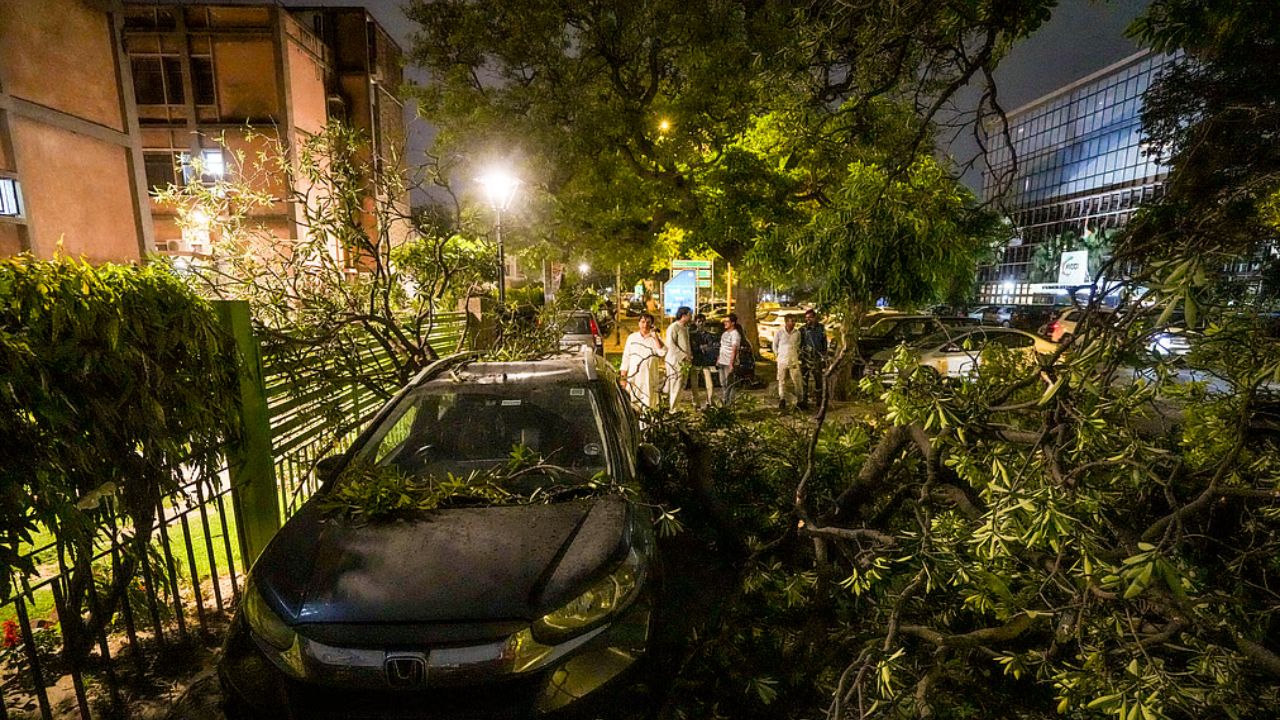Traveling to Greece? Here’s How Santorini’s Volcanic Activity Could Affect Your Plans
Rising volcanic activity in Greece's iconic Santorini has led the country’s civil protection minister to convene a meeting with local and disaster response officials. On Wednesday evening, the Climate Crisis and Civil Protection Ministry announced that

Rising volcanic activity in Greece’s iconic Santorini has led the country’s civil protection minister to convene a meeting with local and disaster response officials.
On Wednesday evening, the Climate Crisis and Civil Protection Ministry announced that monitoring sensors had detected “mild seismic-volcanic activity” in Santorini’s caldera. Similar activity was recorded in 2011, which lasted for 14 months but ended without any significant issues.
Scientists monitoring the Hellenic Volcanic Arc, which stretches from the Peloponnese to the Cycladic islands, have observed an uptick in activity along a central fault line in the northern part of Santorini’s caldera, according to the ministry.
However, the announcement reassured the public that, based on current data, there was no cause for major concern.
Santorini, known for its picturesque whitewashed buildings and blue-domed churches perched on the cliffs of a flooded caldera, remains one of Greece’s top tourist destinations. The island is also home to one of the largest volcanic eruptions in recorded history, which took place around 1620 BC and shaped the island’s current landscape. This eruption is thought to have contributed to the fall of the ancient Minoan civilization.
Though still an active volcano, Santorini’s last significant eruption occurred in 1950.
Efthymios Lekkas, seismologist and head of the scientific monitoring committee for the Hellenic Volcanic Arc addressed the situation on Greece’s ERT television Thursday. He explained, “The Santorini volcano produces very large explosions every 20,000 years. It’s been 3,000 years since the last major explosion, so we have a long time before we see another major eruption.”
Lekkas added that in the meantime, volcanic activity tends to fluctuate, sometimes triggering small earthquakes. “The volcano is a living organism,” he said, assuring the public that while mild seismic events may continue, a major eruption is not expected.
Lekkas was among the officials who attended Wednesday’s meeting with Civil Protection Minister Vassilis Kikilias, Greece’s fire department head, the deputy minister responsible for natural disaster recovery, and local and regional leaders.





